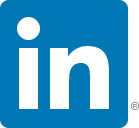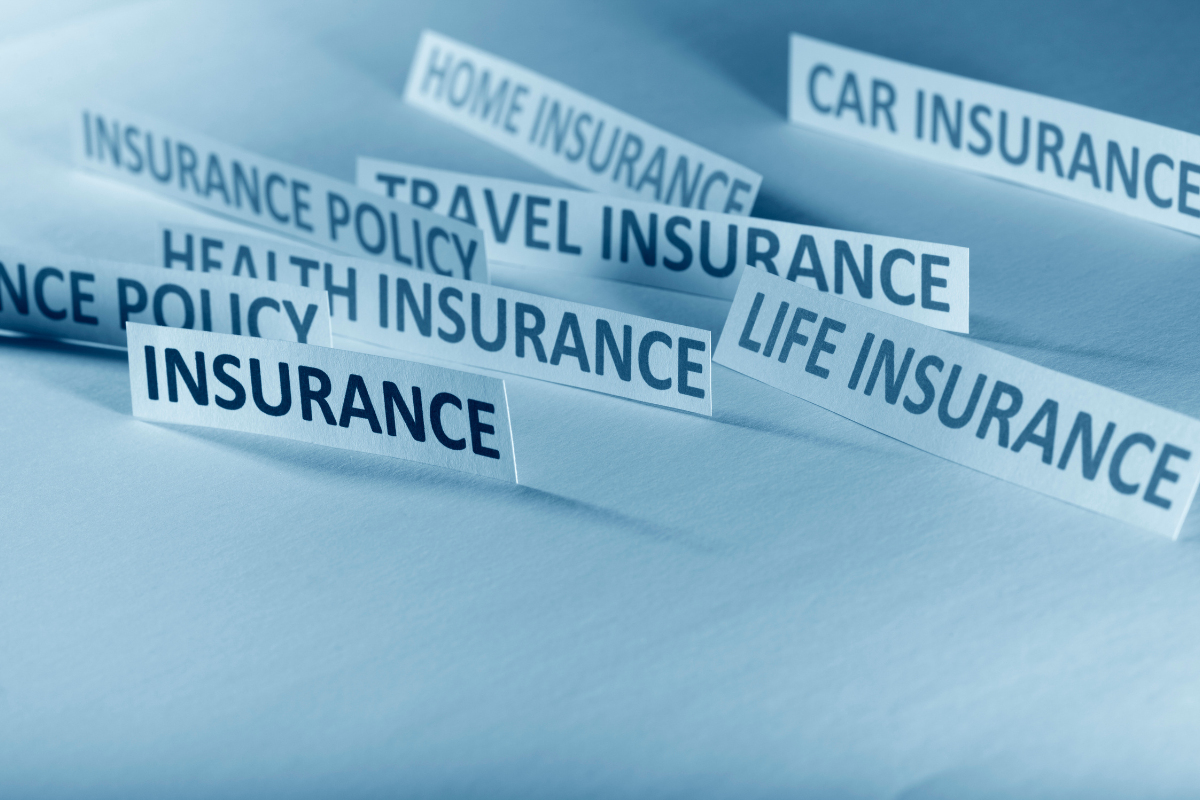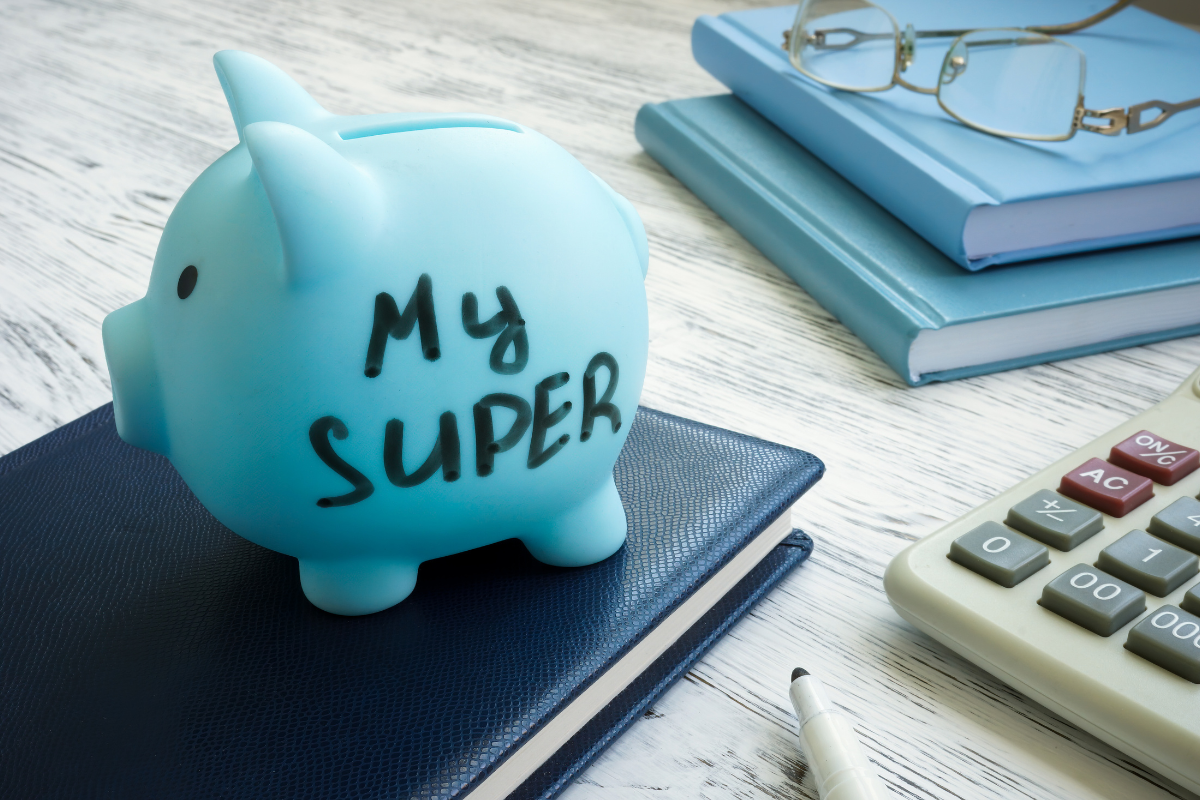How fit are your finances?
Wearable technology can monitor our heart rate and tell us how much sleep we’ve had, but what about our financial wellbeing? If you could benefit from a Fitbit for your finances, read on.
Just like your physical health, the more you can monitor what’s happening with your finances, the easier it will be to improve your financial fitness.
We all know that financial stress can have a negative impact on our physical and mental wellbeing, leading to stress, anxiety and depression. Research has even shown that employees suffering high financial stress are “more than four times as likely to complain of headaches, depression and other ailments.”
So, if you could get a Fitbit for your finances, what would it track? Keep an eye on these key metrics and you could be feeling financially fit in no time.
1. Spending
Expenses are a fact of life, but this is one area where things can easily get out of hand. Much like overeating, it’s all too easy to buy too much and spend on things you don’t really need, especially if you’re not keeping track of where your money is going. And technology sometimes makes it even easier to overspend.
Buy Now Pay Later and tap and go payments make it harder than ever to keep track of what’s leaving your account.
What to do:
Make a list of your essential costs, such as rent or mortgage, utilities, food, fees and regular bills.
Try using a spreadsheet or budgeting app to make tracking your spending as easy as possible. Many banks now offer breakdowns of your spending by category in their apps, so take advantage of these free tools. By monitoring where you’re actually spending money each day, you’ll quickly get a true picture of your financial health. If your spending habits are putting you on the wrong path, learn how to plan and stick to a budget.
- Debt
Like carrying a few extra kilos, debt can creep up on you and weigh you down more than you realise.
Reserve Bank data shows consumers have nearly twice as much household debt as income. Meanwhile, the average Aussie tips the scales at $3271 in credit card debt, adding huge pressure to their daily lives.
What to do:
- Detox your debt. The first step to financial health includes keeping levels of personal debt to a minimum.
- Look at consolidating your debts onto one card or personal loan, so that you’re only dealing with one repayment each month.
- Take advantage of interest free periods to pay down your debt.
- Put a repayment plan in place – and stick to it!
- Savings
Once your debt reduction strategy is underway, you can focus on another key aspect of your financial health: Savings. How much you have stashed for a rainy day is a strong indicator of your overall financial health.
What to do:
Open a dedicated high-interest savings account that’s separate from all of your other accounts.
Make regular, consistent deposits – weekly, fortnightly or monthly. Add any extra cash windfalls to your savings account, such as tax returns or bonuses. Sit back and watch the power of compound interest at work.
- Superannuation
If you want to stay financially fit and healthy into your old age, you need to lay the groundwork now. That means knowing how much you need to maintain the lifestyle you want and working towards that figure.
The Association of Superannuation Funds of Australia (ASFA) estimates that for a couple to have a ‘comfortable’ lifestyle they need at least $640,000, while a single person needs $545,000.
- Emergency fund
Like health insurance for your finances, having an emergency fund gives you a buffer against unexpected hard times. You should aim to have enough in your emergency account to cover six months of living expenses, including housing, to protect you in the event of losing your job, falling ill or any other major disruption.
- Insurance
If you should lose your income for longer, or permanently, there are several types of personal insurance that can help protect you and your family from financial hardship.
Life insurance, total and permanent disability (TPD) and income protection all have a role to play in your financial wellbeing. Depending on your stage of life, financial situation and responsibilities, it’s worth ensuring that you have a mix of all three types of insurance.
A financial planner can help you understand what you need and get the right level of cover to protect your lifestyle.
- Credit rating
A good third-party check-up of your financial health is your credit rating. Compiled from your personal financial information by a credit reporting agency, it’s one important indicator of your overall financial fitness.
Several things can affect your credit score, including your borrowings, number of credit applications and whether you make repayments on time.
To discuss how you can improve your financial fitness contact the team at ADR Wealth.
Source: Money and Life





